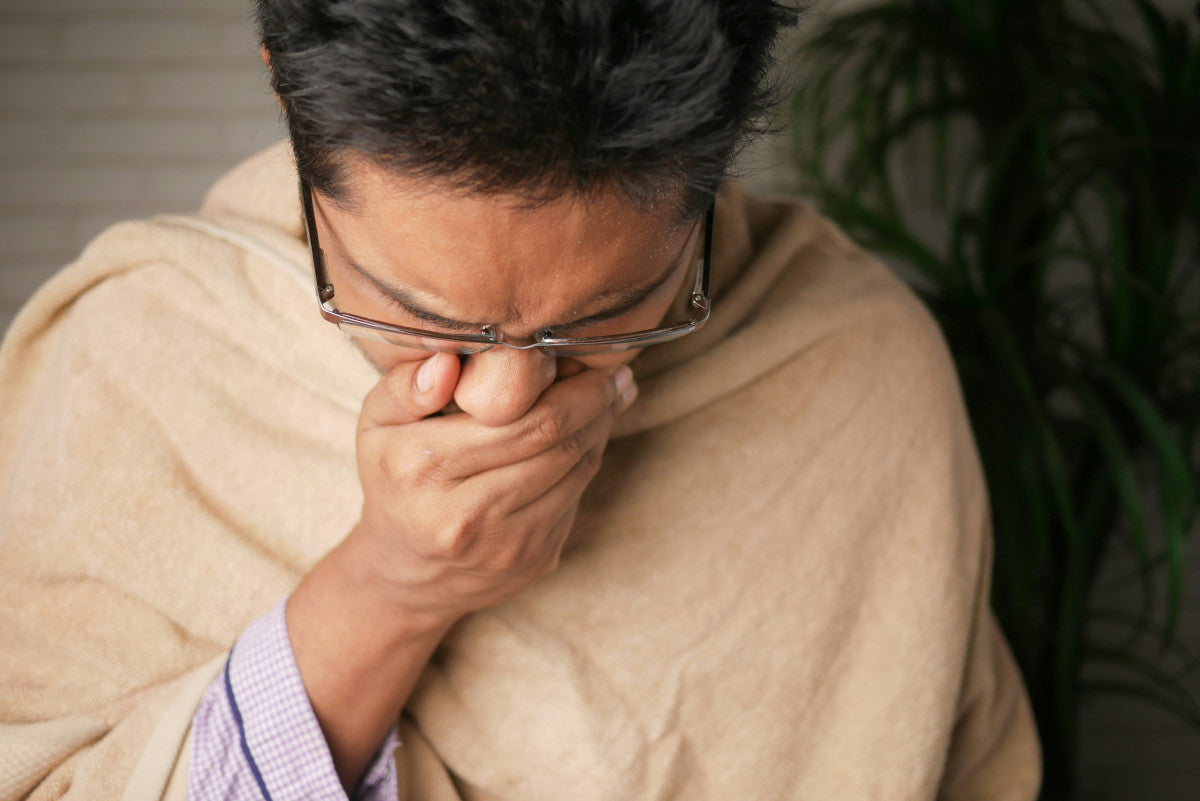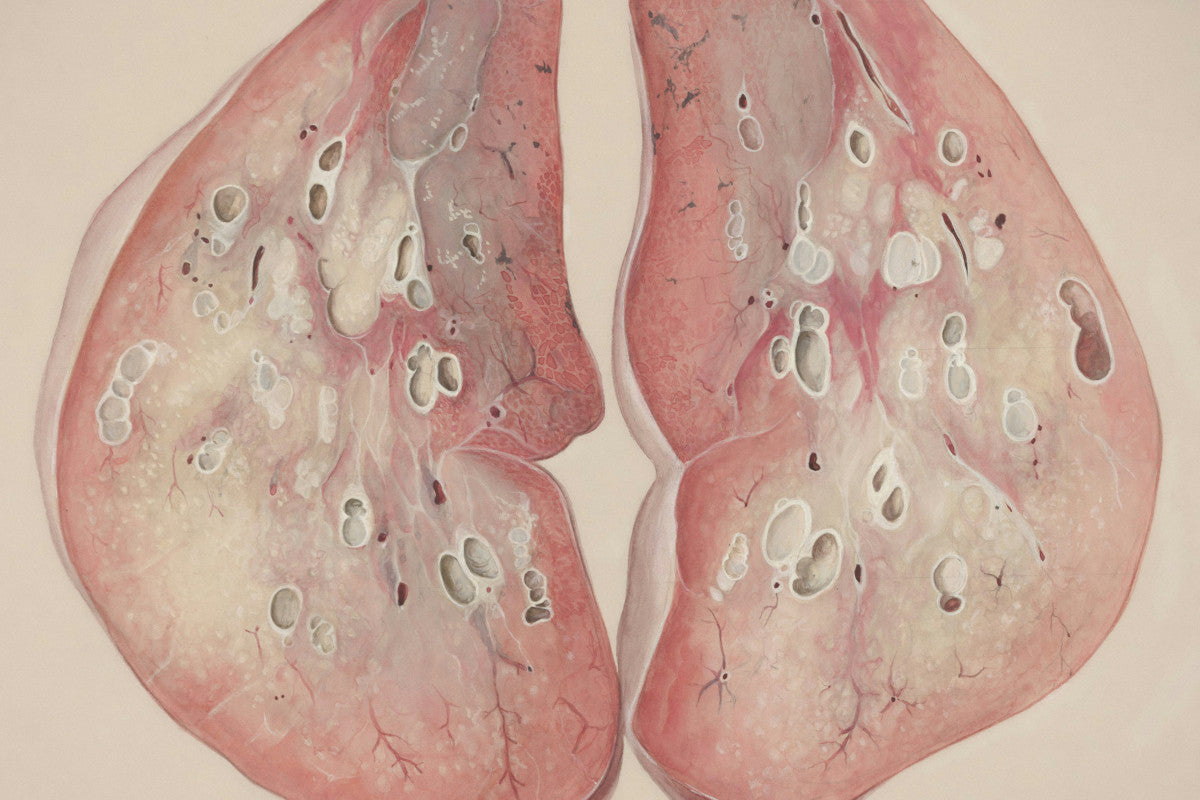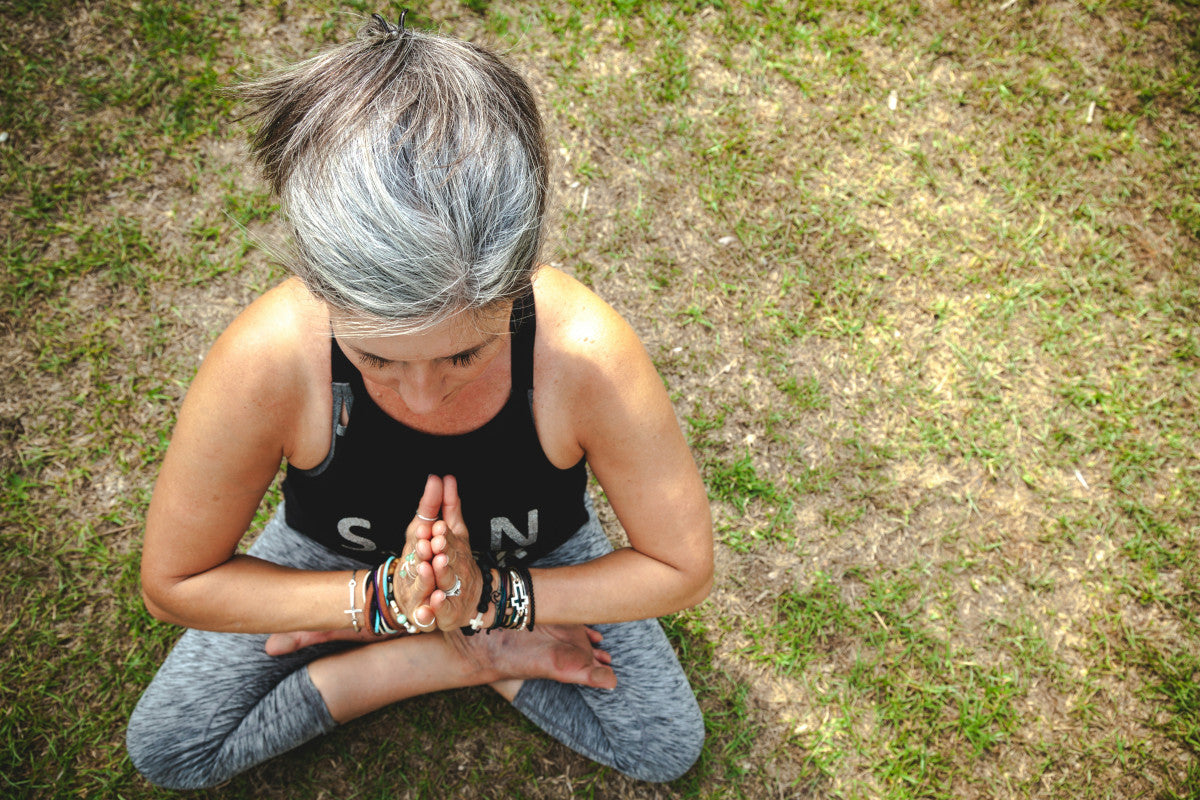
Perimenopause Fatigue: Does Perimenopause Cause Fatigue?
You wake up tired even after a full night in bed, your energy crashes by mid-afternoon, and suddenly you’re wondering, does perimenopause cause fatigue, or is something else going on? Perimenopaus...

Compare Glucosamine vs Collagen For Joint Pain
Glucosamine vs collagen for joint pain might seem like choosing between two very similar solutions, but the real story is more nuanced than meets the eye. Glucosamine is involved in cartilage mai...

Why Do I Keep Coughing So Much?
Why do I keep coughing so much? This is a question we see asked all the time - but unfortunately, there’s no one-size-fits-all answer. It could be a symptom of a virus your immune system is battl...

How to Take Turmeric For Lungs
A lingering cough, throat irritation, or that tight feeling in your chest can make you start looking for natural ways to support your lungs. It won’t take long before turmeric comes up. But is tu...

What to Take For Sore Muscles and Joints
When you think about what helps sore muscles and joints, you probably assume your best bet is ibuprofen, Tylenol, or some other non-steroidal anti-inflammatory (NSAID). These might provide tempora...

How to Sleep Better During Perimenopause
You’re not alone if you’re wondering how to sleep better during perimenopause. Sleepless nights become a lot more common the older you get, especially when this transition sets in. The good news i...

What Helps With Perimenopause Weight Gain? Best Supplements for Perimenopause Weight Gain
Amidst the hot flashes and night sweats, the irritability, the brain fog, and all the other symptoms that come with perimenopause, there’s one question women always ask us during this stage of lif...

There are so many great natural perimenopause herbs that may help ease the discomfort that comes with this transitional stage in life. So what are the best herbs for perimenopause? We’ve put toget...

Best Magnesium For Perimenopause: What Type of Magnesium is Best For Perimenopause?
Magnesium is among the most important minerals for human health, influencing over 300 reactions in the body. It should come as no surprise the best magnesium for perimenopause can help ease sympto...
These are expert opinions on lifestyle from professionals who are board-certified physicians, registered dieticians, or healthcare professionals. This content does not represent any medical advice for prevention or treatment of any medical diseases.